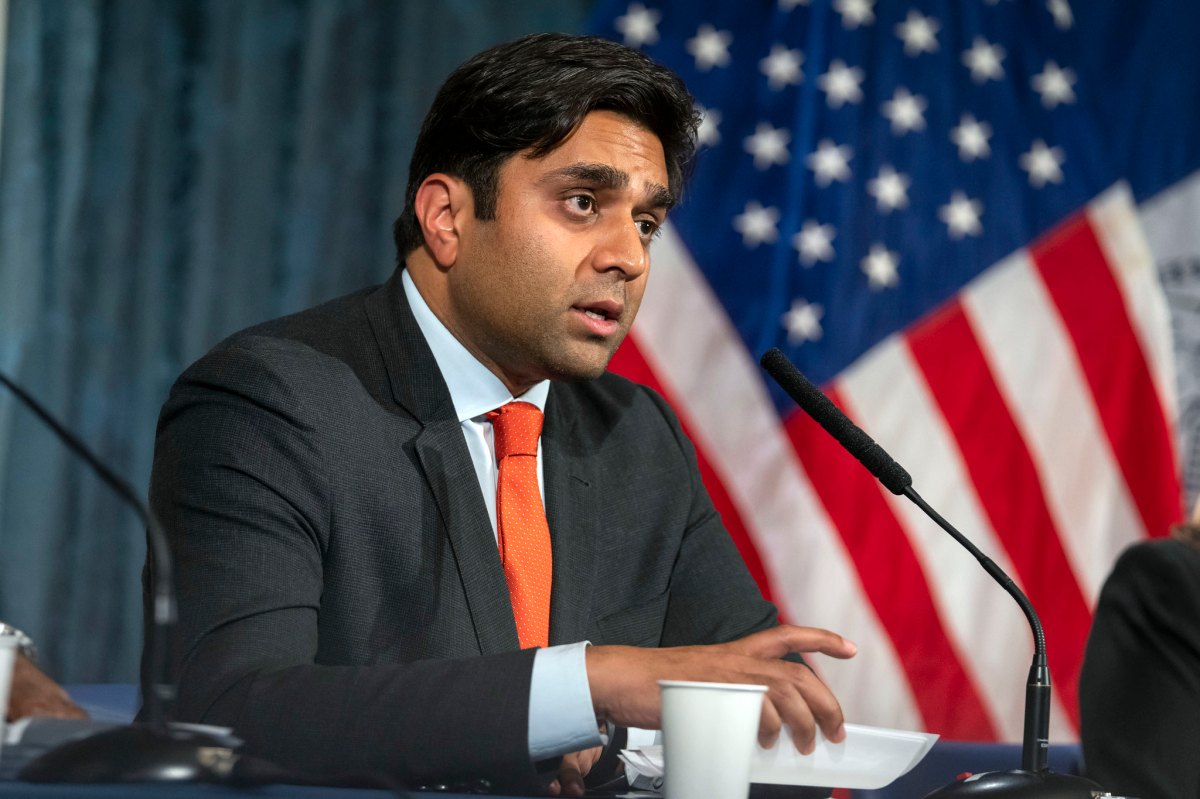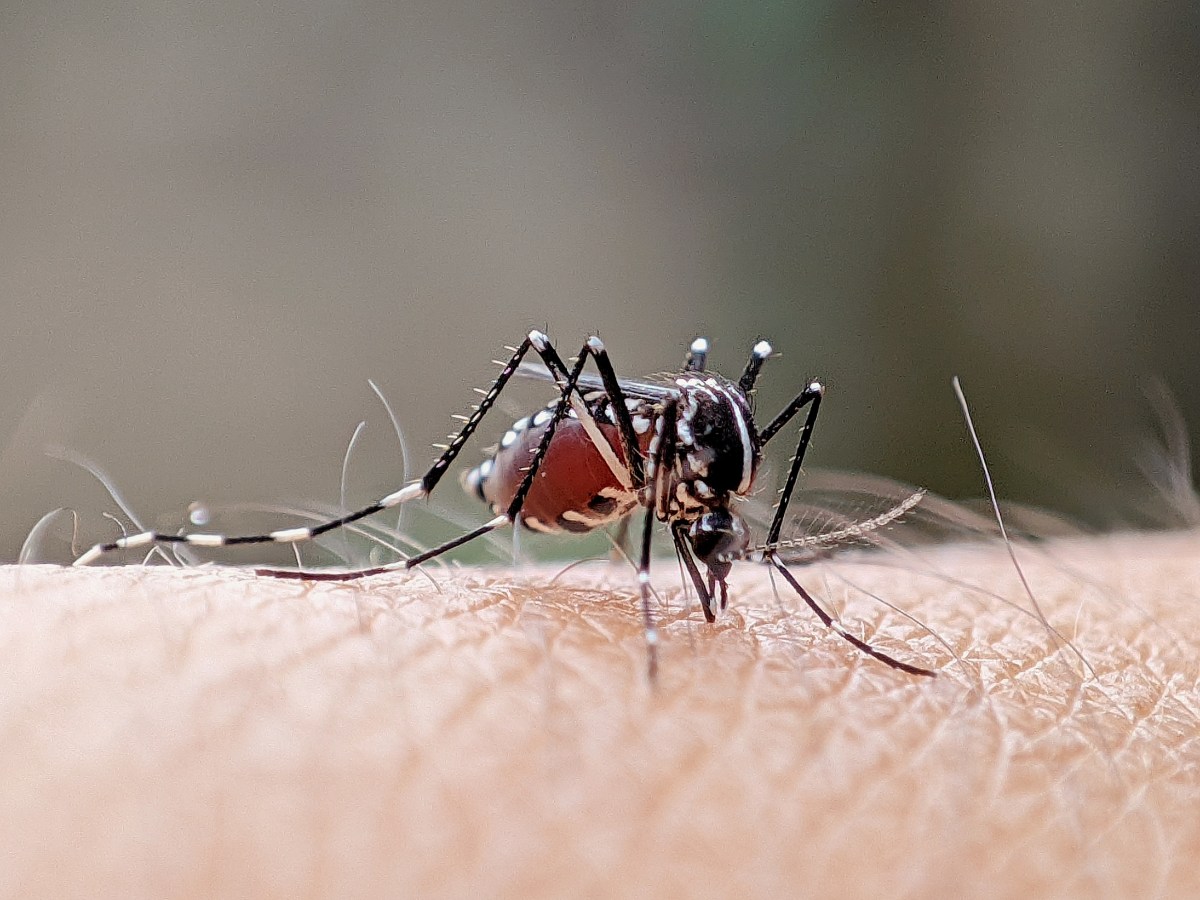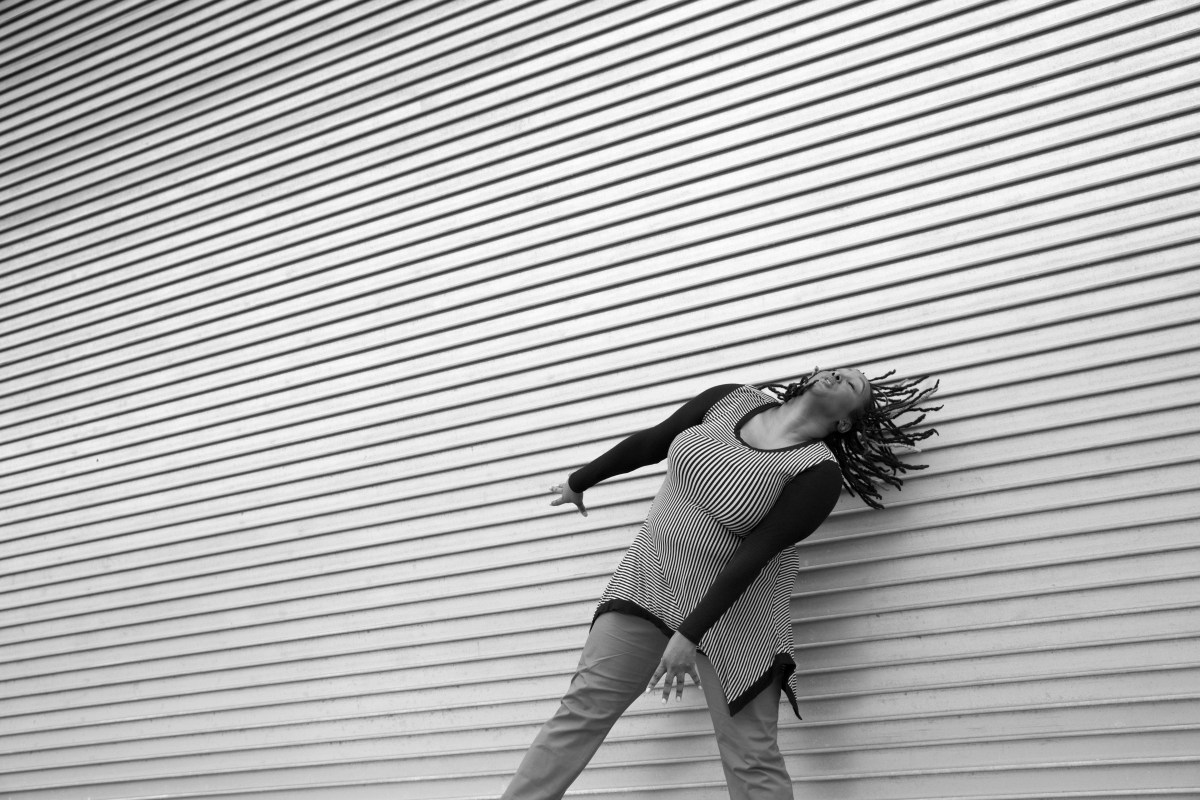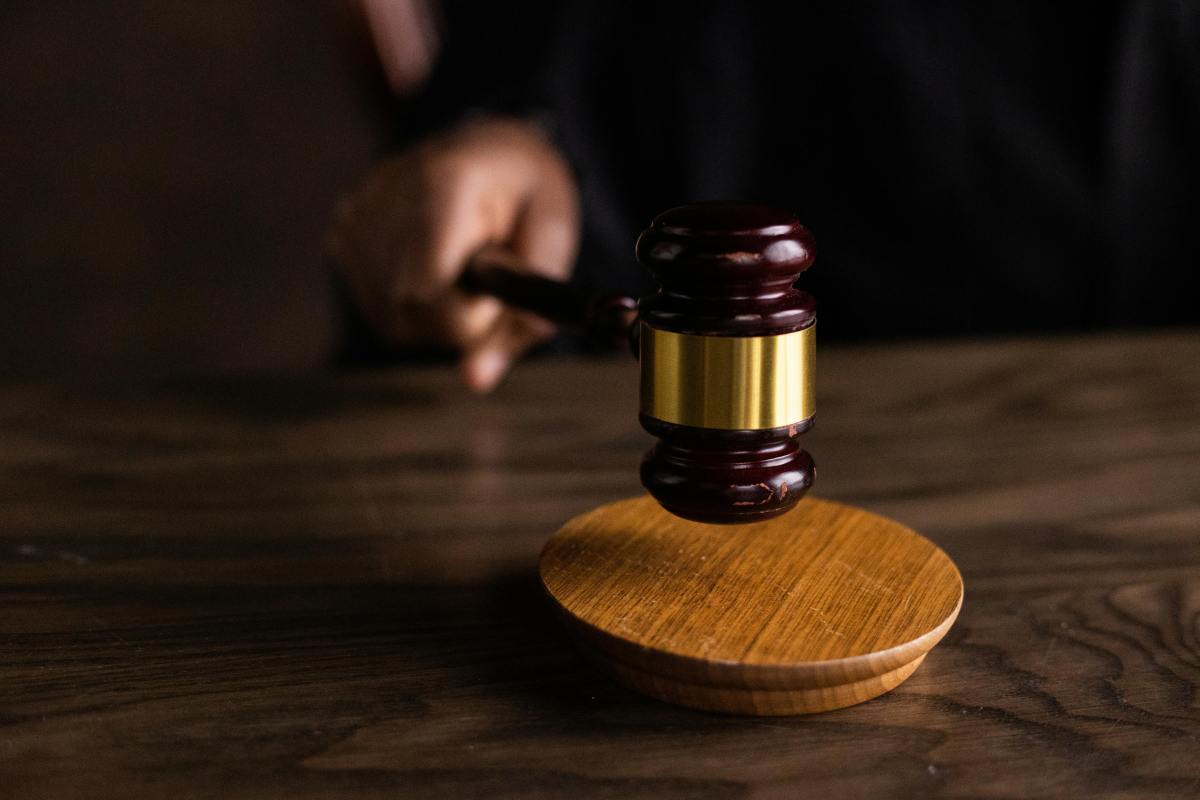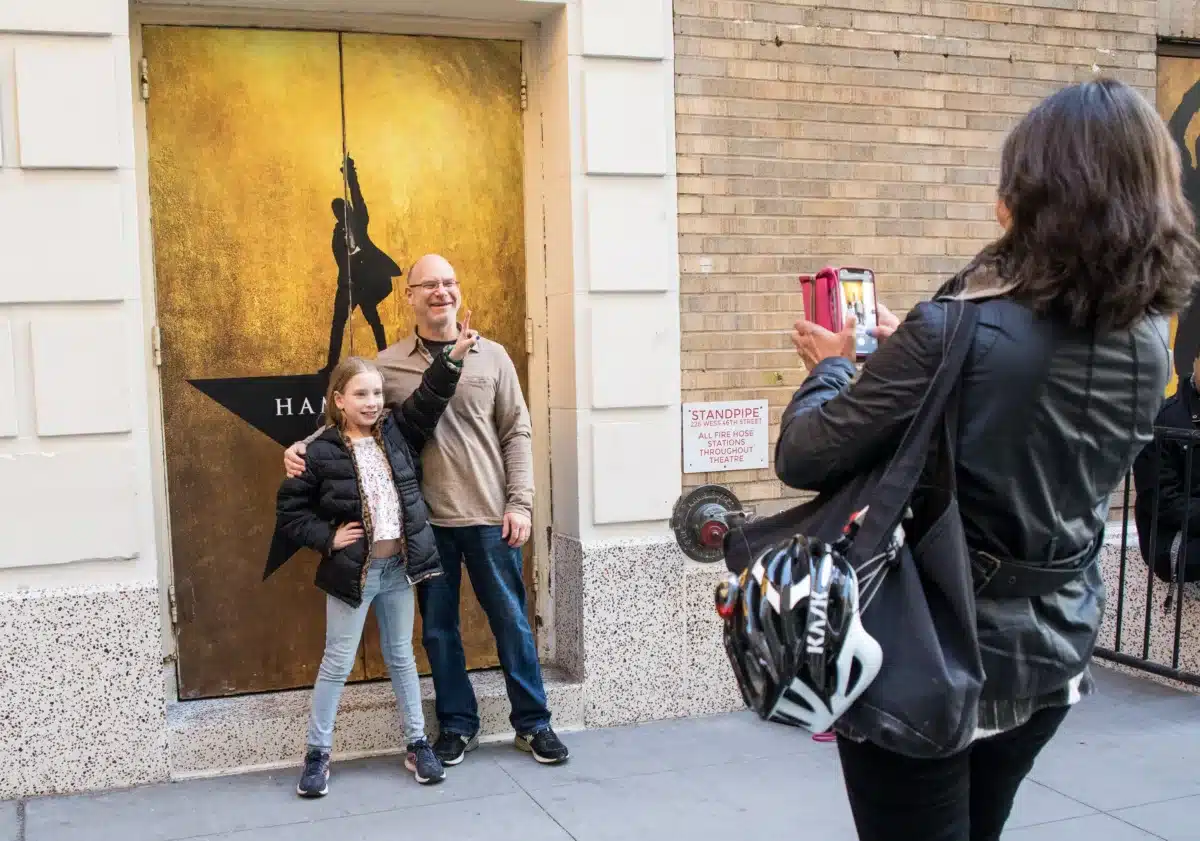Legendary salsero, singer, trombonist and composer Willie Colón will star in a Christmas concert celebrating his 50 years on stage, “Asalto Navideño,” on Dec. 10 at Lehman Center in the Bronx.
Colón, who was born and raised in Mott Haven, has recorded 40 albums and sold more than 30 million records. He boasts a stunningly varied career as a musician and political aspirant (he ran for congress and public advocate in NYC) and maintains active and piquant social media accounts (with 3 million Twitter followers).
amNewYork spoke with the 66-year-old musician, who has four sons and four grandchildren and lives with his wife, Julia, in New Rochelle.
You have an honorary doctorate in humane letters from Lehman College. Does the school mean anything special to you?
It’s a good school! It’s got a good rep! It’s not a paper mill. I didn’t go there — even by high school I was making more money than my teachers. I was a little arrogant.
Speaking of which — your albums are famous for depicting you as a gangster. How does the bad boy image play now that you’re 66?
I spend a lot of time hanging out in night clubs and concerts when people my age are sitting on a bench: I’m still out there!
Clubbing is hardly criminal behavior.
Some people have said [the trombone] is a deadly weapon in my hands. Everyone needs a moniker and a persona. It’s kind of what like Madonna and Lady Gaga do. Right now I’m a deputy sheriff in Westchester County four or five days a month. I went to the Westchester County Police Academy and I was probably their oldest graduate in 2014. I’m a part-time volunteer and meet all kinds of crazy people. I was always interested in law enforcement, probably because my father was arrested a couple times when I was a kid. I should have been angry at the cops for arresting him but they were really good to me. When I saw my father in prison [who was serving time on a drug sentence] they always gave me toys and treated me really nicely.
You’ve played with a who’s who of the world’s great musicians — Machito, Rubén Blades, Tito Puente, Celia Cruz, Héctor Lavoe, Ray Barretto, Johnny Pacheco, David Byrne … Who was the most fun?
Héctor! Everything was fun! We spent the days writing with no premeditation. He was 20 and I was 15 or 16 and we were traveling all over the world and incorporating all the things we saw into what we wrote. [Lavoe’s life] wasn’t all about drugs. J Lo and Marc [Anthony] emphasized the drugs in that movie (“El Cantante”) and didn’t illuminate his legacy, his instrument, his wit. I was so disappointed with that movie.
Is Spanish Harlem or the Bronx a bigger birthplace for salsa?
The Bronx rules! In all new music! I don’t know why. They’re going to find some strange aura under the ground up there – look what it did for hip hop! Arsenio [Rodríguez] and Machito – they all came to the Bronx.
I was going to ask if you would have a conga player doing “The Little Drummer Boy” in your Christmas concert, but then realized you have so many original Christmas songs.
My conguero is short, so we will have a little drummer boy! “Siembra,” an album I did with Rubén Blades, was an incredible hit everywhere. But “Asalto Navideño” has now outsold “Siembra.” People need this music around Christmas. People want those feelings and memories. … We used a Puerto Rican instrument the jibaros play, a cuatro. It sounds almost Greek or Italian. We took that music from the mountains and incorporated it into salsa and the drums from the coast. … It just exploded. It was a great promotion for Puerto Rican music.
How did you elude the fate of so many other musicians who fell down the rabbit hole of substance abuse?
I didn’t, totally. I was young and curious but I didn’t fall into anything really serious. But as a young man I saw what [drugs] did to my friends and family: That really served as a deterrent. Drugs are like some terrible contagious disease: There is no getting away unscathed.
Did your experience with drugs and now your work as a police officer convince you that drugs should be decriminalized?
Oh yeah. Cops are expected to clean everything up: Drug problems, homeless problems, social service and health problems. I don’t know how we’re going to address all the mentally ill. As a sheriff, you understand how many crazy people there really are out there. Drug abuse is really a sickness, a disease.
We were once in a Facebook convo about the disappearance of Latin music clubs in New York City. Do you see any way to revive Latin night life here?
I wish I had enough money to start [a Latin club]! I’m much more popular in Latin America – the night clubs are huge and thousands show up. Latin Americans are not the couch potatoes Americans have become. They still like to get out and socialize and press the flesh and dance. There is more focus there on doing and being. Here, the focus is on having.
Can you share any advice for young musicians who hope to emulate your amazing career?
Listen and learn as much of the old stuff as you can so you get a good repertoire, so you’re not trying to reinvent the wheel: Get a good foundation! And start writing your own stuff as soon as possible so you’re not doing another person’s version of “Tea for Two.” Music is not just technique – it’s about ideas. Everything you learn you can apply to your art. Now that you don’t need $500,000 for your own studio, it helps a lot. YouTube is a form of copyright and you can put your own stuff out and if it can be shown no one had it up before you, well, that shows you did it first. I put my own stuff up on there all the time.
You have to (stay up to date) on social media and technology. If you don’t keep up a good profile and let people know where you’re going to be, you better have a really powerful record company (doing that for you). I spent $7,000 on a computer in the 1980s – the price of a Cadillac. My wife was so mad! I learned how to program by buying books and taking classes. Then Windows came out and all that time I spent learning how to program went out the window. Now I’m on [the internet] all the time. After a while it comes addictive. I’m guilty of internet addiction!
When you became famous in the Fania All-Stars as a teenager the business was so different.
Fania Records is really glorified. They screwed everyone out of their intellectual property. … When I was a teenager my mother was my manager, and she had only a high school education and she was [gulled into signing a contract with unfavorable terms]. It’s not illegal to make a bad deal.
You’re one of NYC’s most prominent Nuyoricans. Do you see a solution to the Puerto Rican debt crisis?
I didn’t endorse a [presidential] candidate because I told them all if they wanted my endorsement they had to look at renegotiating Puerto Rico’s debt. Since World War I, Puerto Ricans have been drafted and fought for the U.S. Now the [island] is going bankrupt, but we give Iran millions. They’re lowering the minimum wage there to $4.25 an hour. You can’t live on that! … You know [cops here] change out their equipment every couple of years? Only 14% of the police in Puerto Rico have viable vests. I brought [Puerto Rico] 250 vests to give to the municipal police in these little towns. I just got another 25 vests from the NYPD’s Hispanic Society – they gave me a lifetime award.
Why was I told not to ask you about politics?
I don’t know. I’m just fed up with the whole thing. I’m not an anarchist, but man, the Democrats have so sold out and taken so much bad money. I worked with the Clintons on each one of their campaigns. But after she became Secretary of State and Bill started with all the speeches and exploiting Puerto Rico and Haiti … It’s just all so broken. I’m still a registered Democrat and hopeful that whatever comes down the road will be better.
What are you reading and listening to now?
I listen to anything. Right now it’s classical music and Brahms. I was listening to some Turkish music. I like to play roulette and see what catches my fancy. I just got Alexa, this voice activated thing that just sits there and I can say, “play songs from the 1970s!” It’s just incredible. And I’m writing a book. It’s kind of like a biography, about the struggles of a family in the Bronx, my relationship with Héctor (Lavoe) and Rubén (Blades) and all the politics. The working title is “Barrio de Guapos.”
Has aging changed your music?
I don’t play as good as I used to, but I sing better. As you get older, you don’t give a [expective] — and you can just go in and do it. I have stage fright, but for a different reason: Anything can go wrong! My greatest fear is an empty room.
If you go: Willie Colón will be performing at 8 p.m. on Dec. 10 at the Lehman Center for the Performing Arts, 250 Bedford Park Boulevard West, Bronx, lehmancenter.org, $40-$100




